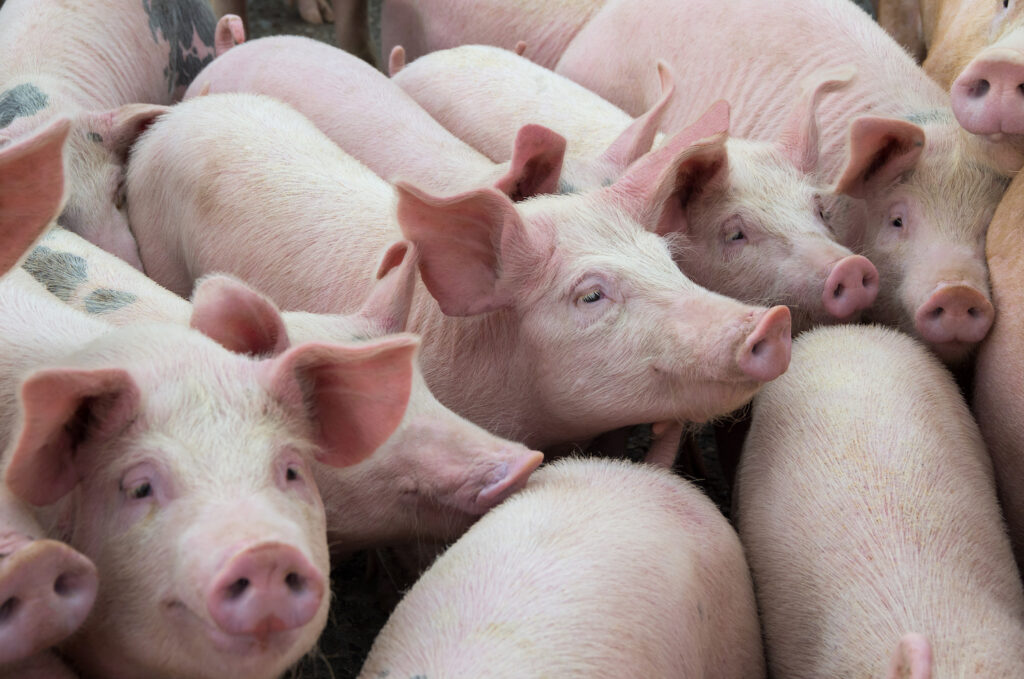ASF confirmed in domestic pigs in Germany for the first time
16th July 2021
Two farms in the Brandenburg region in east Germany, close to the Polish border, have been affected by the outbreak.

The first cases of African swine fever in domestic pigs in Germany have been confirmed in one sow on an organic farm in the Spree-Neisse district, and two pigs on a smallholding in Märkisch-Oderland.
All pigs on both holdings will be culled and restriction zones are being set up by the local authorities. The movement of live pigs and pig products from farms located in these zones has been banned.
Germany’s National Reference Laboratory for ASF, the Friedrich-Loeffler-Institute (FLI), confirmed the cases yesterday evening (15th July).
The organic farm is located in an infected core zone established because of ASF in wild boar, while the smallholding was in an ASF-free white zone. The cause of the two cases is ‘unclear’, however, according to the FLI.
There have been more than 1,200 confirmed cases of ASF in wild boar in Brandenburg and neighbouring Saxony since the disease was first discovered in Spree-Neisse district in September 2020. Since then, 103 cases have been confirmed in the district and 261 in Märkisch-Oderland.
FLI president Dr Thomas C. Mettenleiter said: “Unfortunately, these cases do not come as a complete surprise. An entry in German domestic pig populations had to be expected at the latest since the detection of the infection in wild boars in Germany in September 2020.
“In its risk assessment on outdoor and free-range pig farming, the FLI stressed the importance of protecting pigs, especially in the core zone and in the area at risk.”
The UK’s National Pig Association said the discovery will come as a blow to the German pig industry, as it works to re-establish its pork export markets, lost after the initial emergence of ASF in wild boar.
